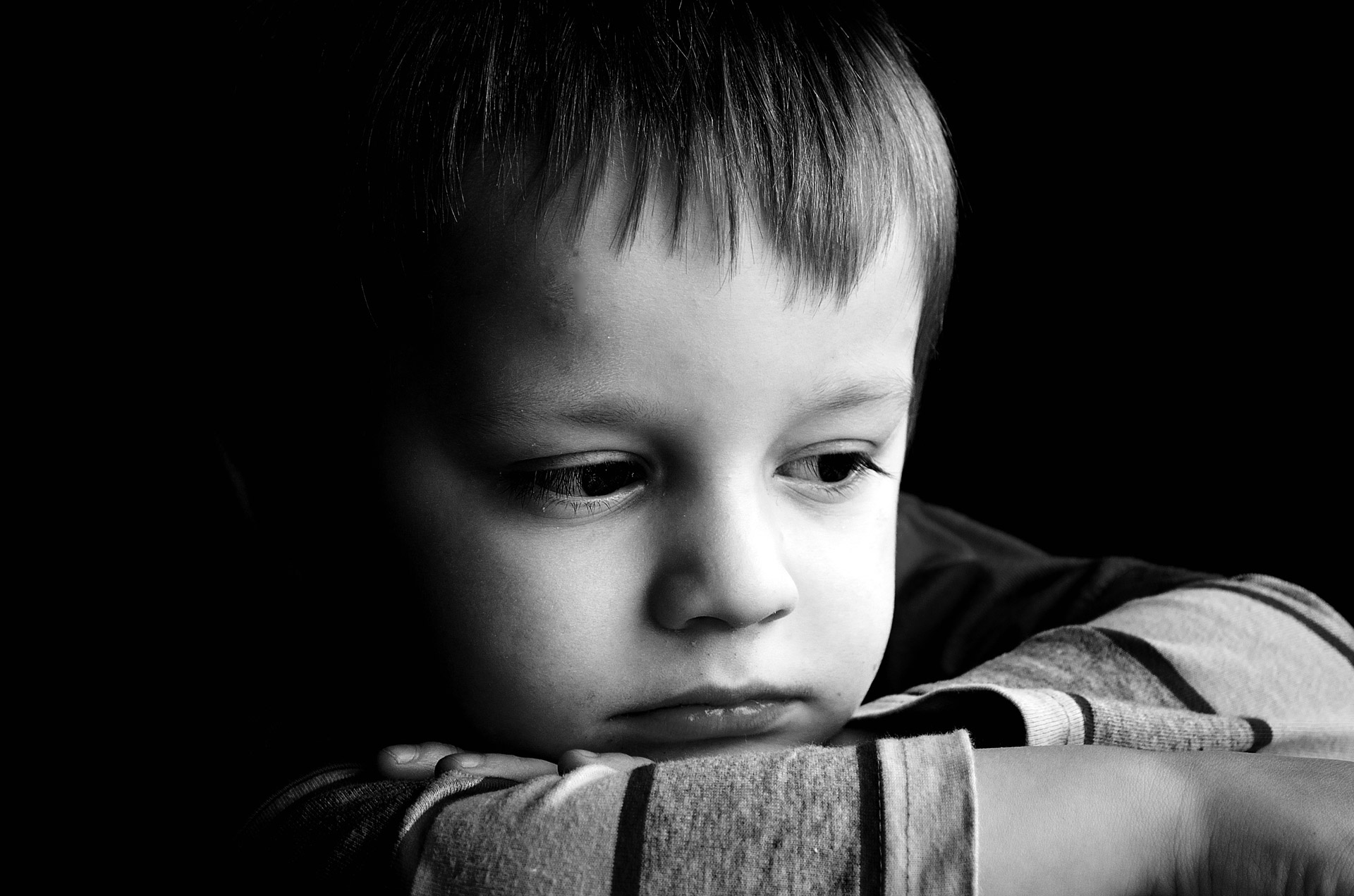 There is a specific point in your life when you are no longer heavily affected by the opinions of others. For me, I never had the privilege of hearing what others thought about me (thankfully I was surrounded by people who kept their opinions to themselves)—the pressure I felt was my own interpretation of what they thought of me (thinking of myself from the outside), and I made a pretty big effort in making sure that my reputation was one in good standing. As I transitioned out of my junior year of high school and began to form more solid friendships with people I felt a real connection to, my fear of developing a tarnished reputation began to slip out of my hands. I was still concerned with how I was perceived by those around me, but I no longer prioritized protecting my reputation.
There is a specific point in your life when you are no longer heavily affected by the opinions of others. For me, I never had the privilege of hearing what others thought about me (thankfully I was surrounded by people who kept their opinions to themselves)—the pressure I felt was my own interpretation of what they thought of me (thinking of myself from the outside), and I made a pretty big effort in making sure that my reputation was one in good standing. As I transitioned out of my junior year of high school and began to form more solid friendships with people I felt a real connection to, my fear of developing a tarnished reputation began to slip out of my hands. I was still concerned with how I was perceived by those around me, but I no longer prioritized protecting my reputation.
I was no longer ashamed of my upbringing or my past. The only thing I have ever attempted to hide from people is my mother’s addiction, and to this day only about five people know about alcoholism’s role in my upbringing. Although her addiction is not necessarily well-disclosed, it is still an incredibly private part of my life that I am still unwilling to share with a large amount of people. Broadcasting my mother’s addiction to the Internet is not something I hoped to do relatively soon, but I believe that the timing is right.
My parents divorced before I learned how to walk, and a big part of the divide in their relationship was my mother’s alcoholism.
I am a child of addiction. My mother has struggled with alcoholism since I learned how to walk, and her addiction has played a strange role in my upbringing. I was not brought up by my mother, but she still plays an incredible role in my life. The demons that characterize her addiction were prevalent enough to affect me directly. To say I was raised by an alcoholic is a bit hyperbolic; I was privileged enough to be raised by my father in a household where I was seldom surrounded by alcohol, and in turn, I had never found an interest in underage drinking. It seems a little strange to directly describe myself as ‘’straight-edge,’’ but it is a term I have loosely identified myself with in terms of confrontation (“You don’t drink?”).
A stigma often associated with children raised with addiction in their families is one of failure and susceptibility; it is almost expected of you to develop your family’s vices, whether that’s drug abuse, alcoholism, eating disorders, or any type of limitation. It is a generalization associated with you from birth, and there is no way to escape it.
When children grow up surrounded by addiction, it is not necessarily difficult to develop the same habits that surround you. Statistically, the children of drug or alcohol abusers are two-to-four times more likely to become addicts than those around them. You are often forced to mature much more quickly than your peers, which pushes entitlement and responsibility onto your shoulders. You feel as if the addiction is a part of you, an all-consuming entity that eats away at your brain and demands for surveillance.
As a child of addiction, you are forced to constantly be aware of your surroundings. You pick up on idiosyncrasies and odd behaviors faster than a normal child would. The fine line that separates your suspicion of influence versus sobriety is dictated by your detection of behaviors that allude to it. You develop the capability of quickly adapting to responsibilities that are usually not held by people of your age; in times of need, you are your own parent and your own guardian. You learn how to fend for yourself and how to protect yourself—and the addict—in all situations that you are put in. You struggle to identify yourself with influential figures around you; it feels as if you are the only child dealing with this situation, the only person in the world whose thoughts plague them more than they should at such an early age. You learn to fill the void that is leftover from an absence of a key figure in your life and the emotional unavailability associated with it with anything you find remotely relatable; you find paternal figures in cartoon characters, coming-of-age advice from people you shouldn’t idolize, and comfort in the strangest of places (music, literature, sports, writing).
As a child of addiction, you are more susceptible to influence than your peers. It is just as easy to develop your family’s addiction as it is to avoid it. In dire circumstances, it seems like your only option left is to turn to it, to find refuge in the same vice that your family has found refuge in. This is where the stigma is birthed, from the compulsion associated with developing the addiction you were raised by. In some households, it becomes the only thing you know. You sleep, eat, and breathe addiction. The alcohol or drug dependency that looms above your head and threatens to consume you is like another part of you; it wedges into your brain and blurs the line between right and wrong.
Addiction is not contagious. As every child of addiction is told (it is a statement that becomes ingrained in your system and carved into your skin), addiction is a physical and metaphysical disease that runs through your blood. It is not arbitrary to see more than one addict in a family. Alcoholism and drug abuse are chronic illnesses that are directly associated with irregular brain chemistry and improper functioning. It is not incurable, but it is unbelievably difficult to get rid of.
As addiction holds no risk of contagion, there is no guarantee as to whether or not you are going to develop one as you begin to mature. Addiction does not define who you are nor does it control your future. Some of the most abominable people in history were addicts, and so are some of the most successful and influential people. Children of addiction should not be pressured into thinking that they are predestined to developing vices that will destroy them. Failure should not be an expectation of children of addiction.
In the few Alateen meetings I have attended, I have been surrounded by bright, buoyant young men and women veering toward success. Although I never found solace in Alateen meetings, they are an incredible opportunity for like-minded children of addiction to be surrounded by people who share their struggles. They wish to channel their personal struggles in order to create something meaningful out of it, using their anger and confusion and resentment for a greater good. They wish to manipulate the disease that has completely consumed them and turn it into something rewarding.
As a child of addiction, you learn to realize that you are not the only adolescent in the world who is dealing with what you are going through. You find solace in the strangest of places; relatability helps to reduce the feelings of isolation that has been ingrained into your skull since you were lucid enough to know what was going on. An inevitable part of our unique coming-of-age experience is coming to the conclusion that people sharing your struggles are all around you, and internalizing your feelings of isolation is not exactly going to make them go away.
We do not want your sympathy. We want your support. Whether we are sober or not, the only thing we desire is to be taken seriously. We desire to be looked at from an objective point of view; tolerated and trusted. We do not want to be gawked at, ridiculed, or pitied. We have the willpower to break the cycle and to escape the labyrinth that has afflicted us for the greater part of our lives. We are less susceptible to failure if you believe in our success.





Comments are closed.